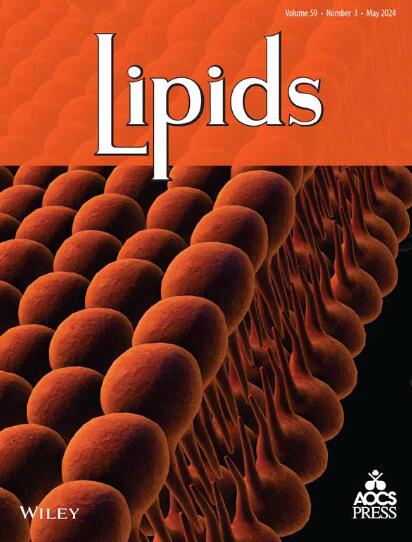Scavenger Receptor Class B Member 1 Independent Uptake of Transthyretin by Cultured Hepatocytes Is Regulated by High Density Lipoprotein
IF 5.9
Q1 BIOCHEMISTRY & MOLECULAR BIOLOGY
引用次数: 3
Abstract
Thyroid hormone (thyroxine, T4) is essential for the normal function of all cell types and is carried in serum bound to several proteins including transthyretin. Recently, evidence has emerged of alternate pathways for hormone entry into cells that are dependent on hormone binding proteins. Transthyretin and transthyretin bound T4 are endocytosed by placental trophoblasts through the high-density lipoprotein receptor, Scavenger Receptor Class B Type 1 (SR-B1). High density lipoprotein (HDL) affects the expression and function of SR-B1 in trophoblast cells. SR-B1 is also expressed in hepatocytes and we sought to determine if hepatocyte SR-B1 was involved in transthyretin or transthyretin-T4 uptake and whether uptake was affected by HDL. Transthyretin and transthyretin-T4 uptake by hepatocytes is not dependent on SR-B1. HDL treatment reduced SR-B1 expression. However, pretreatment of hepatocytes with HDL increased uptake of transthyretin-T4. Knockdown of SR-B1 expression using siRNA also increased transthyretin-T4 uptake. Coaddition of HDL to transthyretin uptake experiments blocked both transthyretin and transthyretin-T4 uptake. Hepatocyte uptake of transthyretin-T4 uptake is influenced by, but is not dependent on, SR-B1 expression. HDL also decreases transthyretin-T4 uptake and therefore diet or drugs may interfere with this process. This suggests that multiple lipoprotein receptors may be involved in the regulation of uptake of transthyretin-T4 in a cell-type specific manner. Further study is required to understand this important process.体外培养肝细胞对清道夫受体B类成员1的独立摄取受高密度脂蛋白的调控
甲状腺激素(甲状腺素,T4)对所有细胞类型的正常功能至关重要,并在血清中与包括转甲状腺素在内的几种蛋白质结合。最近,有证据表明激素进入细胞的其他途径依赖于激素结合蛋白。转甲状腺素和转甲状腺素结合的T4通过高密度脂蛋白受体B类1型清道夫受体(SR-B1)被胎盘滋养细胞内吞。高密度脂蛋白(HDL)影响滋养细胞SR-B1的表达和功能。SR-B1也在肝细胞中表达,我们试图确定肝细胞SR-B1是否参与转甲状腺素或转甲状腺素- t4的摄取,以及摄取是否受到HDL的影响。肝细胞对促甲状腺素和促甲状腺素- t4的摄取不依赖于SR-B1。HDL治疗降低SR-B1表达。然而,用HDL预处理肝细胞会增加转甲状腺素- t4的摄取。使用siRNA敲低SR-B1表达也会增加甲状腺素- t4的摄取。在转甲状腺素摄取实验中加入HDL可阻断转甲状腺素和转甲状腺素- t4的摄取。肝细胞对转甲状腺素- t4的摄取受SR-B1表达的影响,但不依赖于SR-B1表达。高密度脂蛋白也会减少甲状腺素- t4的摄取,因此饮食或药物可能会干扰这一过程。这表明多种脂蛋白受体可能以细胞类型特异性的方式参与促甲状腺素- t4摄取的调节。要了解这一重要过程,还需要进一步的研究。
本文章由计算机程序翻译,如有差异,请以英文原文为准。
求助全文
约1分钟内获得全文
求助全文
来源期刊

Journal of Lipids
BIOCHEMISTRY & MOLECULAR BIOLOGY-
自引率
0.00%
发文量
7
审稿时长
12 weeks
期刊介绍:
Journal of Lipids is a peer-reviewed, Open Access journal that publishes original research articles and review articles related to all aspects of lipids, including their biochemistry, synthesis, function in health and disease, and nutrition. As an interdisciplinary journal, Journal of Lipids aims to provide a forum for scientists, physicians, nutritionists, and other relevant health professionals.
 求助内容:
求助内容: 应助结果提醒方式:
应助结果提醒方式:


